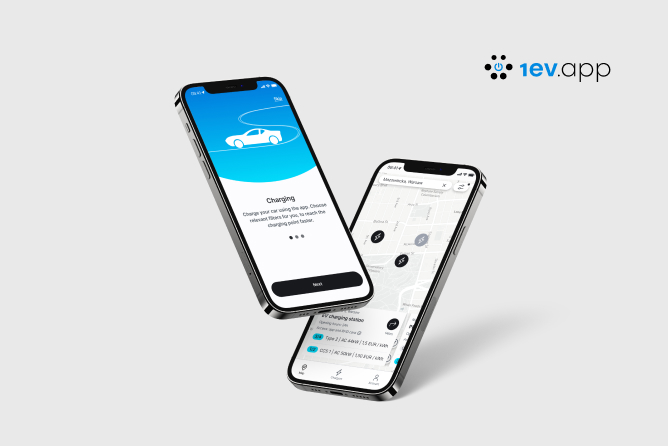Artificial intelligence (AI) is no longer just a tech trend – it has become an integral tool in the daily operations of many IT teams, including ours at QIT. We utilize AI at various stages of project execution: from writing code and debugging, to automated testing and documentation generation. In this article, we share our experience and showcase practical application scenarios that deliver tangible results.
Why we use AI at Qarbon IT
Accelerating software development cycles, improving accuracy, and reducing project costs are just a few reasons why AI tools have become a daily asset for us. However, the key point is this: AI does not replace specialists, but rather complements their competencies, allowing them to focus on areas requiring creativity and expert knowledge.
Code assistance – AI as a coding companion
One of the most common ways we use AI is for code assistance. Tools like GitHub Copilot, Tabnine, or CodeWhisperer analyze the context of what is being written and suggest completions, functions, or even entire code blocks.
Key benefits:
- Faster development, especially during prototyping and MVP phases.
- Fewer logical and syntactical errors.
- Standardized code in line with best practices.
In practice, this allows for faster coding and easier maintenance. Developers can focus on solution architecture rather than writing repetitive code blocks.
Debugging with AI
AI also effectively supports debugging. In complex projects, where identifying the root cause of an issue isn't always straightforward, AI-powered tools analyzing logs and stack traces can drastically reduce diagnostic time.
Examples of Use:
- Server log analysis and pinpointing potential failure points.
- Suggestions for resolving known issues in popular libraries.
- Quickly testing hypotheses regarding faulty data sources.
At QIT, we especially appreciate the integration of AI with CI/CD tools and IDEs, which surfaces suggestions during the development process itself.
Documentation generation with AI
Creating technical documentation is often a challenge for IT teams. AI support in this area helps automate many previously time-consuming tasks.
Typical applications:
- Generating comments and function descriptions from code.
- Creating REST API documentation (e.g., in OpenAPI format).
- Building changelogs and release notes.
This shortens documentation time while maintaining a consistent style and high quality.
AI in automated testing
Test automation is a key part of modern DevOps practices. At QIT, we use AI to:
- Generate test cases based on source code.
- Suggest unit and integration tests.
- Analyze test coverage and optimize test scenarios.
We integrate these tasks into our CI/CD pipelines, ensuring high product quality and shorter testing time.
Prompt and graphic generation – Creativity enhanced by AI
AI is not limited to backend tasks. We also use it for conceptual and design work.
Use cases:
- Creating prompts for testing chatbots, LLMs, and conversational apps.
- Sketching UI interfaces.
- Designing icons, mood boards, and UI/UX concepts.
This is particularly useful in projects where aesthetics and UX are essential. With AI, we deliver more polished concepts faster.
Conclusions and best practices
While AI supports many areas of our work, we remain aware of its limitations. At QIT, we see AI as a collaborator, not a human replacement. Expert verification is always crucial.
Our best practices:
- AI does not replace the code review process.
- AI-generated documentation is always edited and verified.
- We implement ethical AI usage procedures in client projects.
Frequently asked questions (FAQ)
1. Can AI replace a developer?
No. AI tools support professionals but cannot independently build complex systems or make strategic decisions.
2. What AI tools do you use most frequently?
We most often use GitHub Copilot, ChatGPT, Midjourney, and tools for code analysis and testing.
3. Can AI help in legacy projects?
Yes. In such cases, AI can support code analysis, documentation generation, and improved refactoring processes.
Summary
At QIT, we do not see artificial intelligence as a passing trend. We integrate it into our daily operations as a practical support system that brings both business and technical value. Our approach allows us to deliver better products faster, without compromising on quality or security.
If you're looking to work with a team that combines expert knowledge with cutting-edge technologies, get to know our software house in Katowice.








.jpg)

.jpg)


.jpg)
.jpg)

.jpg)
.jpg)

.jpg)

.jpg)
.jpg)
.jpg)

.jpg)
.webp)

.webp)


.jpg)









.webp)


.webp)






























.webp)





.webp)



.webp)


.webp)



.webp)













